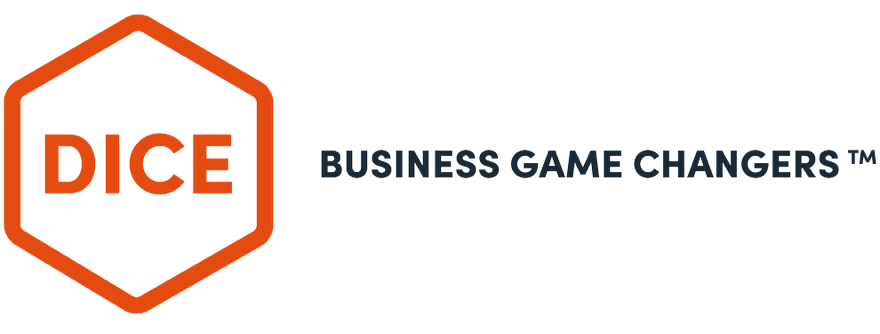Call us on: 01244 478692
What is culture in an organisation and why does it matter?
Culture is the heartbeat of a business, shaping its identity, values, and behaviours. It influences how individuals collaborate, communicate, and work towards common goals. It is the invisible thread that weaves together the collective beliefs, attitudes, and practices that define how work is done.
There are several different elements to organisational culture, which can be divided into four key areas:
1. Values and Beliefs:
Culture is deeply rooted in the core values and beliefs of an organisation. Values such as integrity, innovation, collaboration, or customer-centricity provide a compass for employees to align their actions and behaviours. When they are truly embedded into an organisation, they become guiding principles that shape the ethical standards, priorities, and decision-making processes within the company.
2. Norms and Behaviours:
Culture influences the norms and behaviours that are considered acceptable within the organisation. It establishes the unwritten rules that govern how people interact, communicate, and collaborate. These can include practices related to teamwork, accountability, leadership style, or work-life balance, among others.
3. Communication and Language:
The way communication flows within an organisation reflects its culture. Open and transparent communication fosters trust, collaboration, and a sense of belonging. The language used, both verbal and non-verbal, helps define the culture’s tone, inclusivity, and overall atmosphere.
4. Rituals and Traditions:
Rituals and traditions are symbolic actions that reinforce and celebrate the organisation’s culture. They can range from regular team-building activities, annual events, or reward and recognition programmes. These rituals create a sense of shared identity, promote camaraderie, and contribute to the overall cohesion of the workforce.
When these things are done well, culture can have a significant impact on the success of an organisation. A positive culture fosters a sense of belonging, purpose, and pride among employees, thus engendering greater employee engagement. It creates an environment where individuals are motivated to contribute their best, leading to higher levels of engagement and job satisfaction. A strong culture also attracts and retains top talent, as individuals are drawn to organisations with values and a work environment that align with their own.
In addition, when shared values and behaviours are aligned with the company’s strategic goals, it drives employee collaboration, innovation, and productivity. A positive culture promotes effective teamwork, open communication, and a focus on continuous improvement, leading to enhanced performance and competitive advantage.
Culture plays a vital role in shaping an organisation’s external reputation and brand image. A strong and positive culture enhances the company’s credibility, as customers, partners, and other stakeholders recognise and appreciate the values and principles upheld by the organisation. A culture that promotes ethical practices, customer satisfaction, and social responsibility can be a significant differentiator in the marketplace.
Finally, having a resilient culture enables organisations to navigate change, uncertainty, and adversity. When a culture embraces learning, agility, and innovation, employees are more receptive to change and can adapt quickly to new market dynamics. A strong culture provides a solid foundation for resilience, allowing the organisation to weather challenges and seize opportunities for growth.
If your organisational culture isn’t where you’d like it to be – we can help. Get in touch to find out more about our cultural improvement programme. Call us today at 01244 667 191 or email us now on [email protected].




